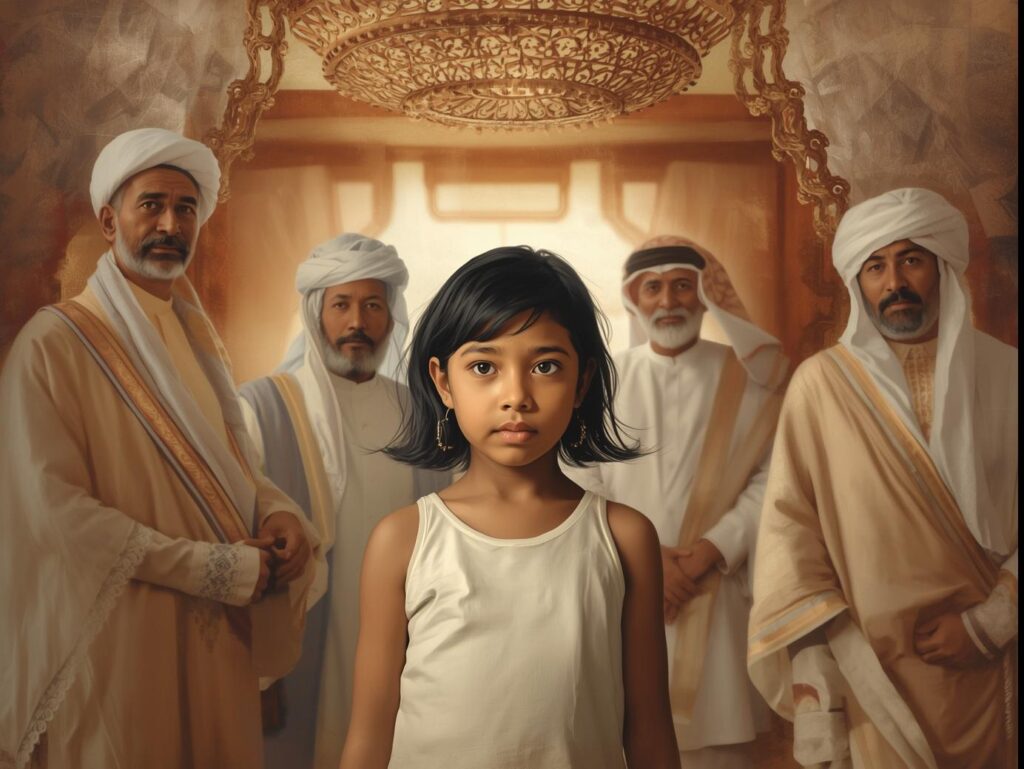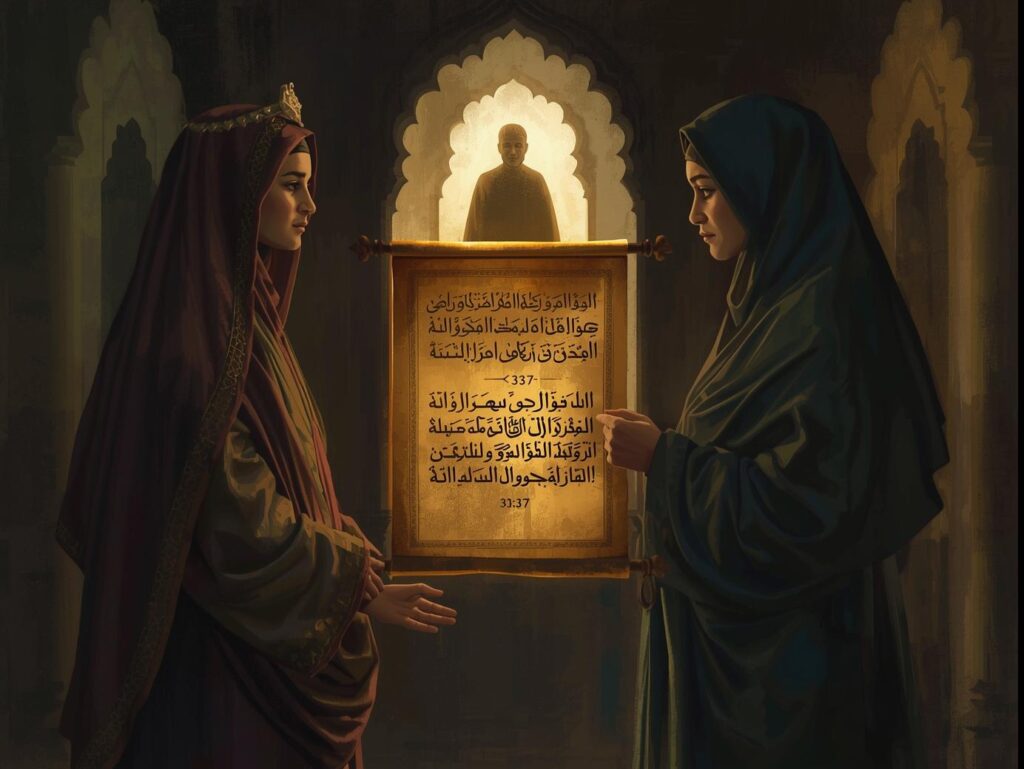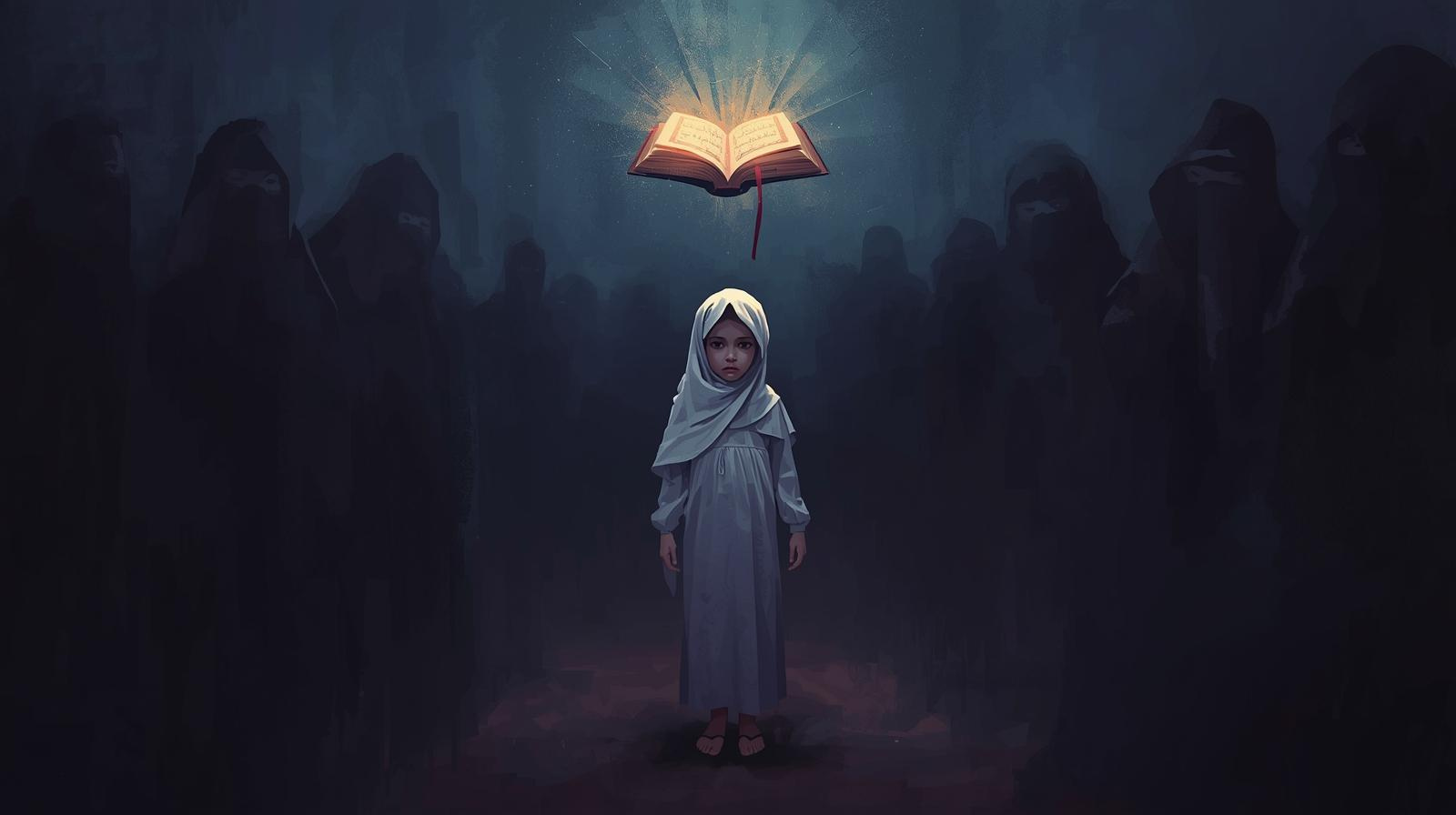Introduction
The life of Prophet Muhammad is central to Islam, and his teachings guide more than a billion Muslims worldwide. Yet, one aspect of his biography continues to spark debate: his marriages. The Prophet had multiple wives, including very young brides, and even married the former wife of his adopted son. For centuries, Muslims have been told these marriages were acts of divine guidance, not personal choices.
But when we examine the historical sources, difficult questions arise. Were these marriages purely religious duties, cultural norms of the time, or expressions of personal desire?
Marriage in 7th-Century Arabia
To understand Muhammad’s marriages, we must first look at the culture of 7th-century Arabia. Marriage in tribal society was not only about love or companionship. It was also a way to:
- Form alliances between clans.
- Ensure protection and survival.
- Increase social and political influence.
Polygamy was widespread among Arab men, especially leaders. Women, however, had very limited rights. Many were married off young, and widows often relied on marriage for survival.
Muslim scholars argue that Muhammad’s marriages should be seen in this cultural context. Yet, even in his own time, some of his choices raised eyebrows.
The Prophet’s Multiple Wives
Historical records indicate that Muhammad had 11 wives throughout his life, though not all at the same time. The common Islamic explanation is that he married widows to protect them or to spread Islam through alliances.
However, closer examination reveals that not all marriages fit this narrative. Some wives were widows, but others were young brides from influential tribes. His marriages also offered political and personal advantages.
The “Divine Justification” Argument
Many Islamic scholars claim that these marriages were commanded by God. When controversies arose, new revelations were often cited to support them. Critics, however, argue that this pattern suggests personal desires were given religious cover.

The Marriage to Ayesha — The Most Controversial
Perhaps the most debated marriage is that of Muhammad to Ayesha bint Abu Bakr.
Primary Sources
- Sahih al-Bukhari, Book 67, Hadith 88: “The Prophet married me when I was six years old, and consummated the marriage when I was nine years old.”
- Sahih Muslim, Book 8, Hadith 3310: “Allah’s Messenger married me when I was six years old, and consummated the marriage when I was nine years old.”
These Hadiths are considered authentic by Sunni Muslims. They leave little doubt that Ayesha was a child at the time of marriage and consummation.
Justifications and Criticism
Traditional scholars argue that this was normal for the time, and Ayesha later became an influential figure in Islam. Yet, from a modern perspective, this is clear evidence of child marriage.
Today, international human rights laws define child marriage as a violation of human rights. What was acceptable in 7th-century Arabia is deeply troubling in the 21st century.

Zaynab bint Jahsh — Breaking Tradition
Another marriage that sparked controversy was Muhammad’s union with Zaynab bint Jahsh, the divorced wife of his adopted son, Zayd.
According to Quran 33:37, Muhammad desired Zaynab, and when Zayd divorced her, God supposedly revealed a verse allowing Muhammad to marry her. This revelation also abolished the custom of adoption in Islam.
The Problem
Critics argue that this verse conveniently appeared to legitimize Muhammad’s personal desire. While Muslims view it as divine wisdom, others see it as self-serving.
Sex Slavery vs. Marriage
Muhammad’s relationships were not limited to wives. He also had concubines — women captured in war or gifted as slaves.
Qur’anic References
- Quran 4:3 — permits men to marry up to four wives and also keep “those their right hands possess.”
- Qur’an 23:5–6 — allows sexual relations with wives and slave women.
Historical records mention that Muhammad had at least one concubine, Mariyah the Copt, who bore him a son.
If you want to learn more about sex slavery in islam click here
Human Rights Concerns
The idea that God permitted sex with slaves is deeply troubling today. It shows how Islamic law normalized practices that we now consider exploitation.
Modern Human Rights Perspective
From the lens of modern human rights, Muhammad’s marriages raise serious ethical questions.
- Child marriage violates international conventions on the rights of the child.
- Polygamy is seen as discriminatory against women.
- Sex slavery is recognized as a crime against humanity.
For reformist Muslims and ex-Muslims, these issues highlight the clash between ancient practices and modern values. Defenders argue that Muhammad’s actions must be seen in their historical context. Critics, however, point out that Muslims still use these practices as precedents today.
Conclusion
The Prophet Muhammad’s marriages are a complex and sensitive topic. To Muslims, they are acts of divine wisdom. To critics, they reflect cultural practices, personal desires, and ethical problems that remain unresolved.
By questioning these aspects, we are not attacking individuals but confronting historical realities. If Islam is to remain relevant in the modern world, these uncomfortable truths must be acknowledged.
The real question remains: Were these marriages acts of faith — or reflections of human desire wrapped in religious authority?
if you want to know about my journey please click here

